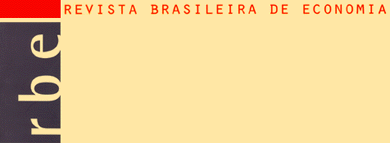This paper provides empirical evidence on credit constraints and key intrahousehold decisions in Brazil; namely, occupational choice of heads and spouses, child labor and education. Our empirical strategy is based on the literature about wealth-constrained choices, in which credit constraints determine a relationship between initial wealth and household decisions. Using data from the National Surveys of Households (PNAD), we show a strong connection between wealth and such decisions. Our findings suggest credit constraints are relatively more binding for spouses, couples without children and single mothers. For the case of children, the girls are more affected by the lack of credit.





























